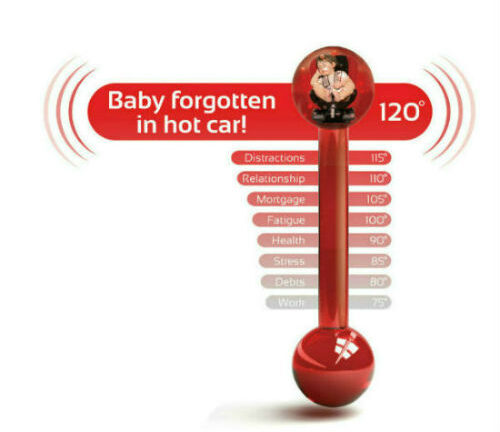As soon as the summer is over and the fall begins, people in the northern United States start winterizing their vehicles. With more than 250 million cars on the road, and winter tires needed for many, it’s frightening to imagine where all those old tires go.
Most people do not realize that old tires are a health, safety and environmental hazard. Disease-carrying mosquitoes nest in them, and if they catch fire, they can burn for weeks, releasing toxic fumes into the air, and chemicals into our groundwater.
An Israeli company based in the Ukraine, has found a safe and environmentally friendly way to dispose of old tires: the pollution-free process consumes no energy and produces attractive byproducts, such as gas for your car.
Using an electromagnetic field and depriving the system of oxygen, Coral Group applies its “soft pyrolysis” method to break down old tires into basic components. Pyrolysis is a process that decomposes organic materials in the total absence of oxygen. And in Coral’s method, attractive end products are created. They include kerosene (jet fuel), benzene (automobile fuel), diesel, oil and black carbon.
“This is a truly wonderful solution,” says Roman Berezin, director of the Middle East Bureau in Netanya, Israel who notes that the operational plant in the Ukraine emits no pollution in the process. “There is no smokestack,” he says.
“We are an energy production company that sits between recycling and creating energy,” says Berezin, noting this is especially relevant today, where the cost of oil is skyrocketing. Although massive amounts of fuel are not generated in the process, Coral’s solution becomes economically viable once oil hits $23 a barrel. Today, crude oil is already selling at $130 a barrel.
According to feasibility studies done by the company, a facility that recycles 10,000 tons of old tires a month can generate $8.5 million worth of byproducts after 2 years.
The company is looking to open tire recycling factories around the world, and owns most of the intellectual property associated with the process and the equipment used. A typical processing plant would include a cutting station to chop up the tires, a pyrolysis chamber, and stations that separate the resulting gases, oils and solids. The fully automated system is computer-controlled.
Coral Group is Israeli-owned with R&D and an operating plant in the Ukraine. The company was founded in 2003 and holds about 32 innovative projects in various stages of development, with a number ready for commercialization. Other projects include a high-efficiency drinking water purifier, the Electus and an improved airfoil boat. The company employs 250 people.
The company is now looking to start building a plant in Israel that can recycle 9,000 tons worth of used tires every month. It hopes to continue expansion — maybe not in time for winter, but hopefully in the US too.














